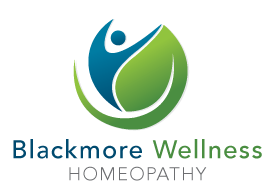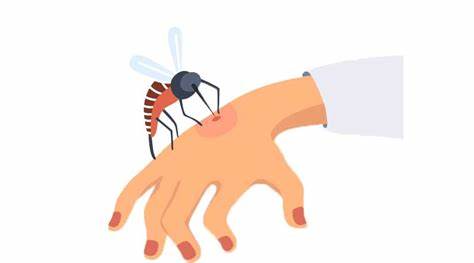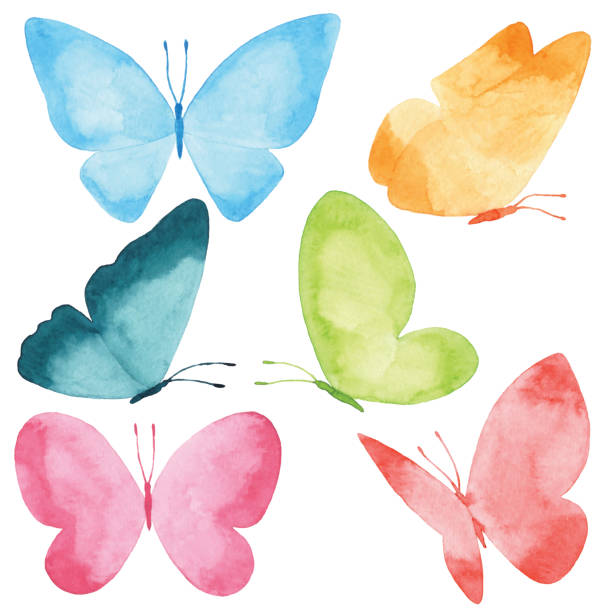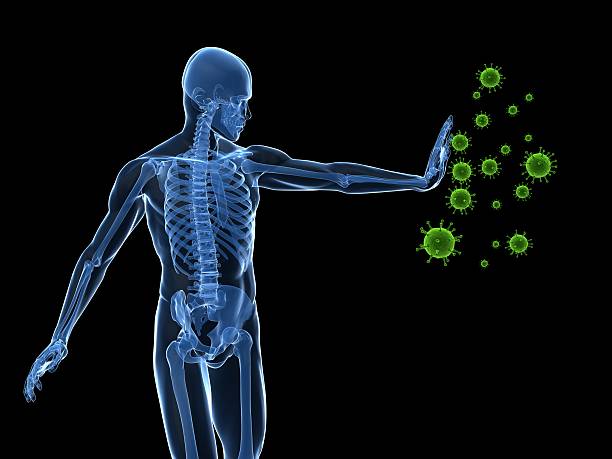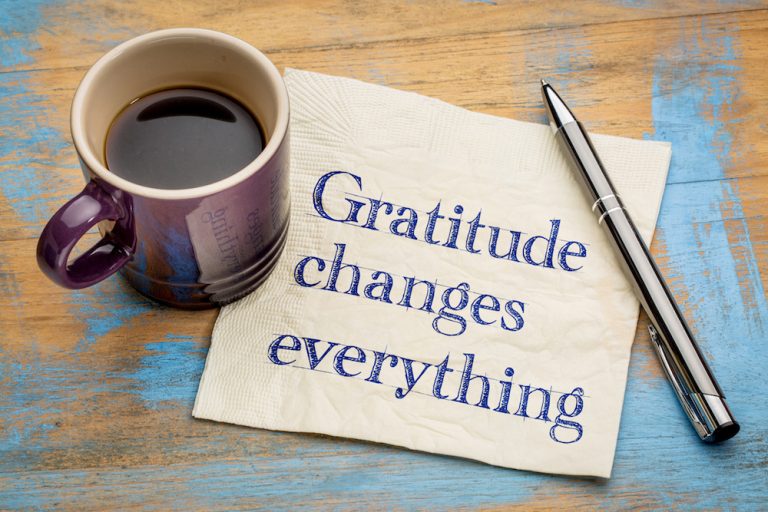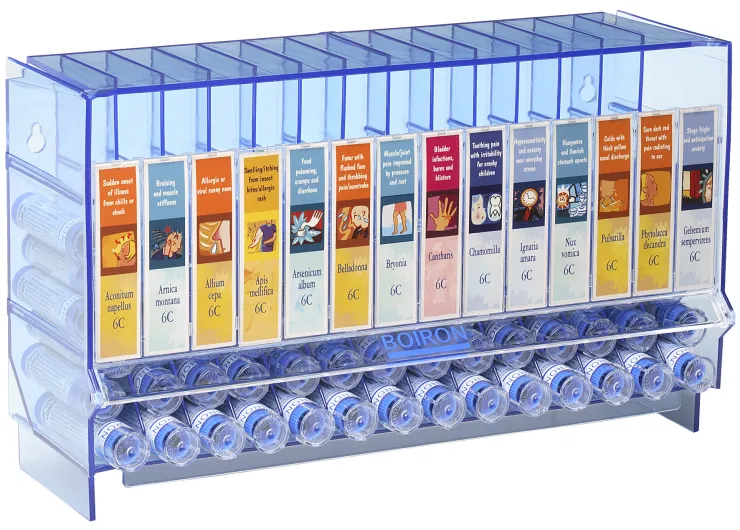Got That Gardening Itch?
Gardening can be a therapeutic and fulfilling activity for many people, but it is not without its risks. Gardening injuries can range from minor cuts and scrapes to more severe injuries like sprains and strains.
Treating Gardening Injuries with Homeopathy
Homeopathy can be used to treat a wide range of gardening injuries, including cuts, scrapes, bruises, sprains, and strains. Here are some common Homeopathic remedies for gardening injuries:
- Arnica
Arnica is a homeopathic remedy that is commonly used to treat bruises, sprains, and strains. It is made from the Arnica Montana plant, which is native to Europe and Siberia. Arnica can help reduce inflammation and relieve pain.
- Hypericum
Hypericum is a homeopathic remedy that is made from the St. John’s Wort plant. It is commonly used to treat nerve pain, such as that caused by cuts or puncture wounds. Hypericum can also help reduce inflammation.
- Calendula
Calendula is a homeopathic remedy that is made from the marigold plant. It is commonly used to treat cuts, scrapes, and other skin injuries. Calendula can help promote healing and reduce inflammation.
- Rhus Toxicodendron
Rhus Toxicodendron is a homeopathic remedy that is made from poison ivy. It is commonly used to treat sprains and strains, as well as joint pain. Rhus Toxicodendron can help reduce inflammation and relieve pain.
- Ledum
Ledum is a homeopathic remedy that is made from the Ledum palustre plant. It is commonly used to treat puncture wounds, such as those caused by thorns or nails. Ledum can help reduce inflammation and prevent infection.
- Ruta
Ruta graveolens, also known as Rue, is a homeopathic remedy that is particularly effective in treating injuries to the tendons, ligaments, and cartilage. Its anti-inflammatory and analgesic properties make it effective in treating sprains, strains, tendonitis, back pain, eye injuries, and skin injuries.
Gardening injuries can be painful and debilitating, but homeopathy offers a safe and effective way to treat them. Homeopathic remedies can help reduce inflammation, relieve pain, and promote healing. However, it is important to consult with a qualified homeopathic practitioner before using any remedies, as the dosage and frequency of use will vary depending on the individual’s response to the remedy. With proper treatment, gardening injuries can be effectively managed and treated with Homeopathy.
